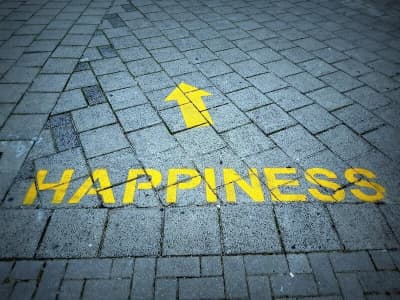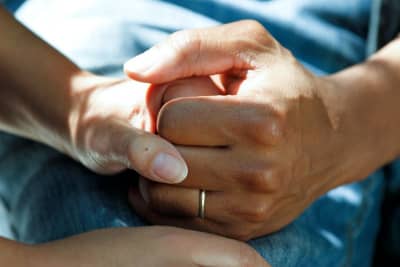Recovery in mental health terms is not seen in the same way as physical health. There, staff think of it in terms of a cure. For mental health staff, recovery is a concept of a journey through life not a 'cure'.
Health education is being seen as the way forward in mental health care and being provided by Recovery Colleges. (These colleges are only available in the UK - if you know of any similar services in other countries, please add a comment to this blog.)
Recovery Colleges provide courses about all aspects of health and well-being with a mental health slant in the community. You do not have to have a diagnosis or even be under the care of mental health care teams or other Doctors to access. Family members and carers are also eligible. It's self referral and provided free by the NHS.
Courses cover living skills like confidence and self esteem as well as specific mental health conditions. As the number of courses grow they will cover health topics from birth to death and address mental health issues of physical illness.
I'm a volunteer tutor for my local Recovery College, I am that 'Someone with Lived experience' with nearly 40 years of experience to comment on, what's worked – or didn't and why, for me.
The philosophy behind these courses is radical in health care terms, as they are being co-developed and delivered by a 'Professional' and equally by 'Someone with Lived experience". That uniqueness of 'equal but joint' reflects a slow acceptance that we, the 'Persons with Lived Experience' have a lot to share and teach each other.
Moodscope is a great example of this. Developed as a result Jon's 'lived experience' he developed a beneficial tool to track mood, it helped to raise mood. Yet in class, I've not meet another 'Moodscoper' but I know it helped me gain insight. Professionals I meet say they've heard of it but haven't used it. I advocate it strongly, every opportunity I get. Hoping my experience gives students another tool to gain insight.
My Recovery College is less than two years old. I have co-facilitated and been a student. Combining theory with reality, it's often the sharing 'this has worked for me' ideas that I have learnt most from.
Maslow's theory - Hierarchy of Needs, discusses how to get 'added value' from life. To achieve a good life, you need to strive for the top of the pyramid (self actualisation). Recently I heard a colleague talk passionately of his own experience - that he can only live well when he concentrates, on the often over looked base of the pyramid - sleep, food, exercise etc. It was for me a 'lightbulb moment' - the relevancy of theory and reality.
Insight empowers, helping you on your journey of recovery. Education is one route, it's the balance of theory with reality is what is empowering about Recovery College courses.
For more information about your local Recovery College search your Mental Health Services Trust website, if they don't have one, email their PALS office and request one.
Karen
A Moodscope member.



Comments
You need to be Logged In and a Moodscope Subscriber to Comment and Read Comments